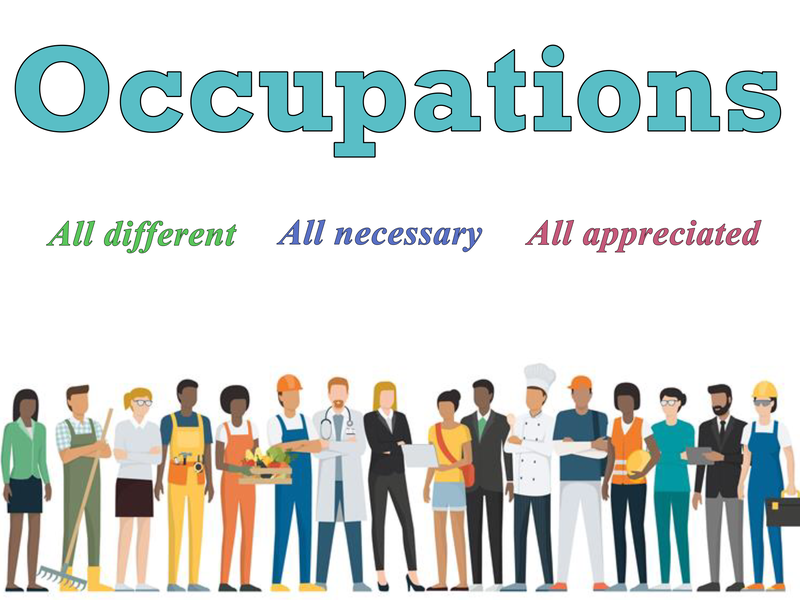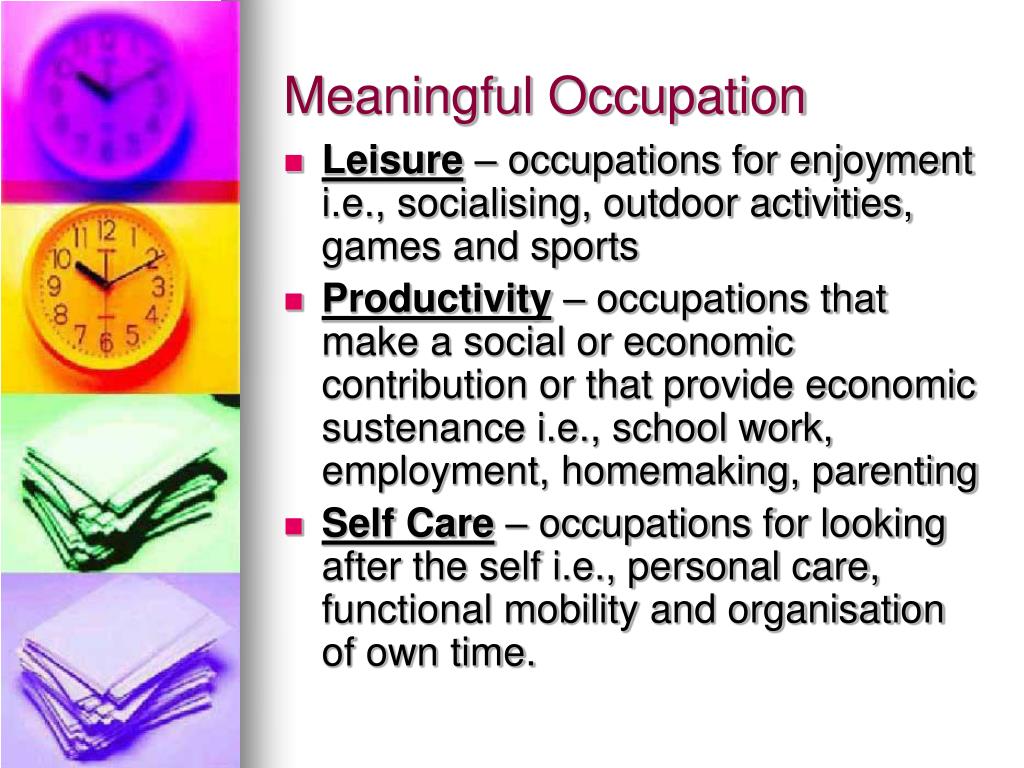

For example, your job title may be assistant district attorney, but your profession is a lawyer.

Professions are broader than job titles but not as broad as an occupation. Professions often require education, certification or licensing. ProfessionĪ profession typically refers to a path that mandates individuals have specialized skills or knowledge. Experiences that don’t relate to one another usually indicate a career change. The two work experiences are in different industries, but paint the picture of a strong career in recruitment.

For instance, someone who has worked in recruiting for a proprietary college could use that experience to become a volunteer manager for a nonprofit. Often a career takes place in a single industry, but work experience across industries can also contribute to an overarching career. This is a macro way to define the series of positions you’ve held during your working life. Jobs are the most narrow way to describe your professional experience, and they may refer to something an individual does on a full-time, part-time or freelance basis. JobĪ job is a specific position you hold within an organization. Bureau of Labor Statistic divides occupations into 23 categories that include different work situations and offer jobs, careers and professions. Occupation is a broad term that describes a field of career interest. Below we’ll examine the nuanced differences between occupations, jobs, careers and professions: Occupation It is difficult to define what an occupation is without also discussing other terms that contribute to its definition. The difference between occupations, jobs, careers and professions That person could look for a job within a specific occupation, they could be interested in continuing a career in that occupation, and if the occupation requires licensing and certification, they could pursue it as a profession. Stating your occupation in an interview holds implications for you, your job, your profession and your career in a single answer.Īn occupation is a work situation had by a person who has a specific field of interest and distinct skills that benefit that field.

It can also refer to your role within an organization. Occupation is a general term that refers to the field or industry you are a part of or the work you are interested in. We also provide examples of occupations and associated jobs. In this article, we discuss what an occupation is and how it differs from other forms of professional experience. With so many ways to talk about experience, it’s important to clearly understand the word "occupation" so you can speak about yours clearly and accurately. There are several terms employers use when talking about someone’s professional experience.


 0 kommentar(er)
0 kommentar(er)
